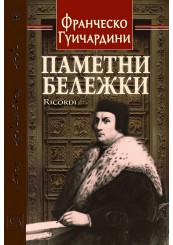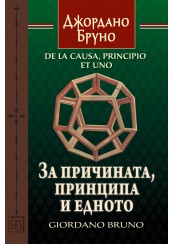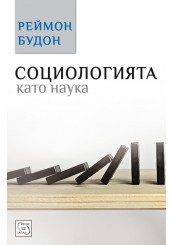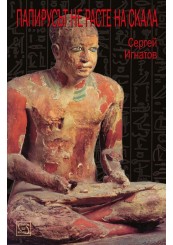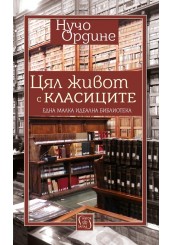Francesco Guicciardini
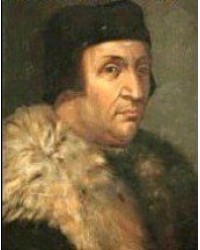
Francesco Guicciardini (1483–1540) was an Italian historian and statesman. A friend and critic of Niccolò Machiavelli, he is considered one of the major political writers of the Italian Renaissance. In his masterpiece, The History of Italy, Guicciardini paved the way for a new style in historiography with his use of government sources to support arguments and the realistic analysis of the people and events of his time.
Francesco Guicciardini was born 6 March 1483 in Florence, now in Italy; he was the third of eleven children of Piero di Iacopo Guicciardini and Simona di Bongianni Gianfigliazzi. The Guicciardini were well-established members of the Florentine oligarchy as well as supporters of the Medici. Influential in Florentine politics, Guicciardini's ancestors had held the highest posts of honor in the state for many generations, as may be seen in his own genealogical Ricordi autobiografici e di famiglia.
Piero Guicciardini had studied with the philosopher Marsilio Ficino, who stood as his son's godfather. Like his father, Francesco received a fine humanist education and studied the classics, learning both Latin and a little Greek. The boy was sent by his father to study law at the Universities of Ferrara and Padua, where he stayed until the year 1505.
The death of an uncle, who had occupied the see of Cortona, induced the young Guicciardini to seek an ecclesiastical career. His father, however, "thought the affairs of the Church were decadent. He preferred to lose great present profits and the chance of making one of his sons a great man rather than have it on his conscience that he had made one of his sons a priest out of greed for wealth or great position." Thus, the ambitious Guicciardini once again turned his attention to law. At 23, he was appointed by the Signoria of Florence to teach legal studies at the Florentine Studio.
In 1508, he married Maria Salviati, the daughter of Alamanno Salviati, cementing an oligarchical alliance with the powerful Florentine family. In the same year, he wrote the Memorie di famiglia, a family memoir of the Guicciardini family, the Storie Fiorentine (The History of Florence), and began his Ricordanze, a rudimentary personal chronicle of his life.
Like many Florentine aristocrats of his day, Guicciardini believed in a mixed republican government based on the model of the Venetian constitution; despite working so often and closely with the Medici, he viewed their rule as tyrannical. Guicciardini was still able to reconcile his republican ideals and his support of the Medici: "The equality of men under a popular government is by no means contradicted if one citizen enjoys greater reputation than another, provided it proceed from the love and reverence of all, and can be withheld by the people at their pleasure. Indeed, without such supports, republics can hardly last."
Shortly after the Sack of Rome, Guicciardini returned to Florence, but by 1527, the Medici had been expelled from the city, and a republic had been re-established by the extreme anti-Medici Arrabiati faction. Because of his close ties to the Medici, Guicciardini was held suspect in his native city.
In March 1530, as a result of his service to the Medici, Guicciardini was declared a rebel and had his property confiscated.
This final Florentine Republic did not last long, however, and after enduring the Siege of Florence by imperial troops for nine months, in 1530 the city capitulated. Under the command of Clement VII, Guicciardini was assigned the task of punishing the Florentine citizens for their resistance to the Medici, and he dealt out justice mercilessly to those who had opposed the will of the Pope. Benedetto Varchi claimed that in carrying out his task, "Messer Francesco Guicciardini was more cruel and more ferocious than the others".
In 1531, Guicciardini was assigned the governorship of Bologna, the most important city in the northern Papal States by Clement VII. Guicciardini resigned after Clement's death in 1534 and returned to Florence, where he was enlisted as advisor to Alessandro de Medici, “whose position as duke had become less secure following the death of the pope”. Guiccardini defended him in Naples in 1535 before Charles V, contesting the exiled rebels' accusations of tyranny. He assisted in successfully negotiating the marriage of Alessandro to the emperor Charles V’s daughter Margaret of Parma in 1536, and for a short time Gucciardini was the most trusted advisor to Alessandro until the Duke's assassination in 1537.
Then, Guicciardini allied himself with Cosimo de' Medici, who was just 17 and new to the Florentine political system. Guicciardini supported Cosimo as duke of Florence; nevertheless, Cosimo dismissed him shortly after rising to power. Guicciardini retired to his villa in Arcetri, where he spent his last years working on the Storia d'Italia. He died in 1540 without male heirs.
His nephew, Lodovico Guicciardini, was also a historian known for his 16th-century works on the Low Countries.

